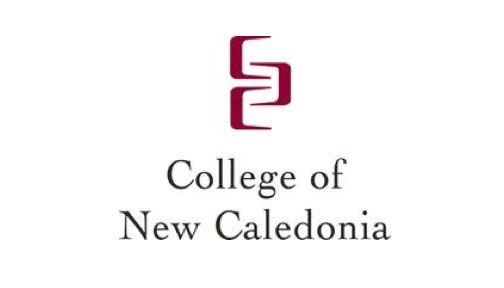Access to education in the north is threatened by provincial post-secondary underfunding and proposed program cuts, a slew of speakers argued at a forum Wednesday at the College of New Caledonia.
One of the founders of the CNC's dental program said it would be unfair to have no dental program north of Hope.
"What we really have to impress on our politicians and everybody is equal opportunity for our children," said Richard Wilczek, a dentist and CNC instructor. "It's not fair because we provide a lot of the resources. A lot of the wealth of this province comes from the northern half of the province."
Wilczek said he thought the program could be saved. The vote on the proposed cuts to address a $2.8 million deficit, originally planned for Friday, has been postponed one month to allow for community input.
Although the college acknowledges that both dental assisting and dental hygienist programs have healthy enrolments, it has said suspending them and changing the structure considerably will allow it to offer the program at higher tuition. The province has a two per cent cap on tuition and CNC has said suspending the program will save about $1 million.
"Things can be done if we put our minds to it," Wilczek said. "Let's be creative, let's be positive"
David Rourke, faculty association president, said the community college system needs to be protected.
"The idea is that people can train locally and also have access to degree programs," he said.
But student Robyn Hackman is worried she will have to move south to pursue a dental hygienist degree, something she has been working towards for the past three years.
"I'm definitely not going to give up," said Hackman, who also plans to speak at the public forum Friday after the CNC's board meeting, from 2 to 4 p.m.
"It impacts northern B.C. directly as we are the accredited and long standing dental resource of the north."
Cindy Oliver, president of the Federation of Post-Secondary Educators of BC representing 19 institutions including CNC, came to Prince George to speak at the event.
"It's the CNC's of this world that help students get the skills they need in a labour market where good wages move hand-in-hand with higher skills," she said.
Oliver said different rules should apply to rural schools and they shouldn't be expected to have the same access to students as institutions in the Lower Mainland.
"Our system is suffering because the provincial government refuses to invest in post-secondary education," said Oliver, asking the audience to write letters to local MLA Shirley Bond.
Ultimately, Oliver said that cost is passed on to students.
"Higher tuition fees means higher levels of student debt."
A 2013 Bank of Montreal student survey found that the average B.C. student graduates with close to $35,000 in debt.
Oliver credited community advocacy for delaying the board's vote.
"You have forced the CNC board to hit the pause button," she said.
Hackman said the news of the proposed cuts came as a "harsh blow" to students, but stressed its impact on the community.
"Some people will lose their only means of dental care. The oral cavity can be linked to the entire body. To those of a lower socio-economic demographic, losing our clinic may ultimately lead to avoidable medical issues."
Wilczek pointed to programs for seniors and the outreach clinic at the Native Friendship Centre as key resources.
The faculty highlighted the dental program at the forum, but also posted a list of proposed program cuts, including aboriginal early childhood education, accounting, counselling, fetal alcohol syndrome disorder, and early intervention services.



